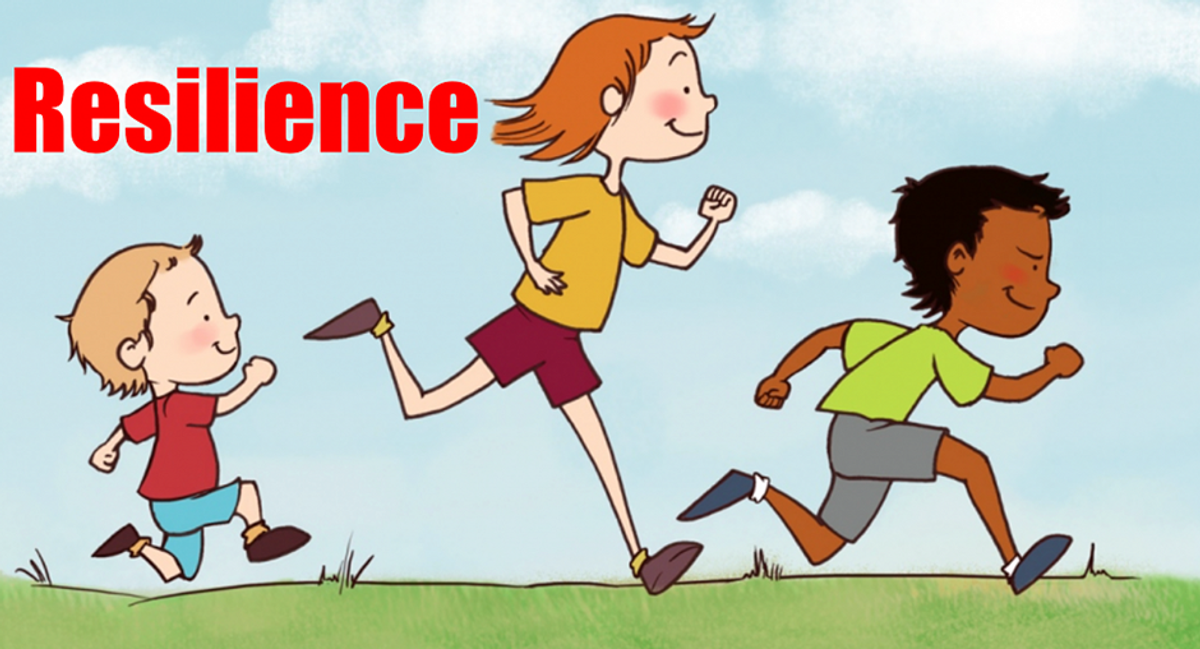Thrive & Flourish

Benvenuto – here we are again.
What an action-packed fortnight it has been. And there’s more to come! And please let’s not mention Covid – shhhh!
On Friday we will have our school athletics. This will be an opportunity for some children to shine and excel at what they do. For some it will be a challenge to run 50 meters. Some will get a swag of ribbons, and some might get one Well Done ribbon. BUT it’s not the ribbons that count. It’s the effort and willingness to give the events a good go. The attitude to try and run the best race I can. And if I don’t get the ribbons – oh well never mind.
This is resilience building.
Resilience is important for everyday life, and helps us to navigate challenges, deal with stressful situations and bounce back in difficult times. Living through a pandemic has certainly contributed to resilience in not only ourselves, but also our children.
Raising resilient children helps them to become problem solvers and face tough or challenging situations and work to find solutions.
The three important areas of resilience:
- Skills to cope
Having skills to solve problems, manage emotions as well as the ability to think through situations and decide on the best action. - Support
Having support from at least one caring adult, friends or another good role model. - Self-esteem
Feeling good about yourself and your ability to take on challenges and try new things
Eight tips to raise resilient kids:
- Avoid dismissing your child’s challenges. Be open and talk with them at a young age about issues you faced when you were growing up and how you overcame them, i.e., sibling rivalry, sharing, handling change.
- Talk about strategies they could use in different situations that may be difficult or challenging, i.e., an argument with a friend, or coping with nerves of an upcoming sports carnival.
- Support them to develop a positive sense of self.
- Don’t accommodate every need to make them comfortable. When we provide certainty and comfort in every situation, we get in the way of our children developing their own problem-solving skills.
- Let your kids make mistakes. Letting them make mistakes can be tough as a parent, but it helps kids to learn how to fix their slip ups and make better decisions next time.
- Help your child to learn to identify and begin to manage their emotions. Teach them that all emotions are ok. If they’re angry, let them be angry, but help them to move forward from their anger and what the next steps are.
- Support their growing need for independence. If they’re younger, start with the basics like teaching them to care for their own belongings, having them make their bed or do small chores e.g., feeding the pets.
- Model resiliency. Children learn by watching you, try to be calm and consistent where possible. If you make a mistake, admit to it and explain how you will do better next time.
Carn the BLUES!
Liam's Joke of the Week
Q: What do you call a alligator who wears a vest?
A: An investigator!
Alla prossima settimana
Dom Poppa





